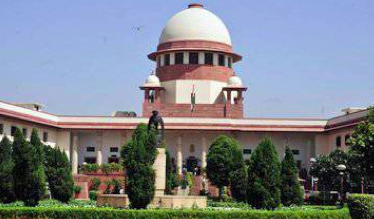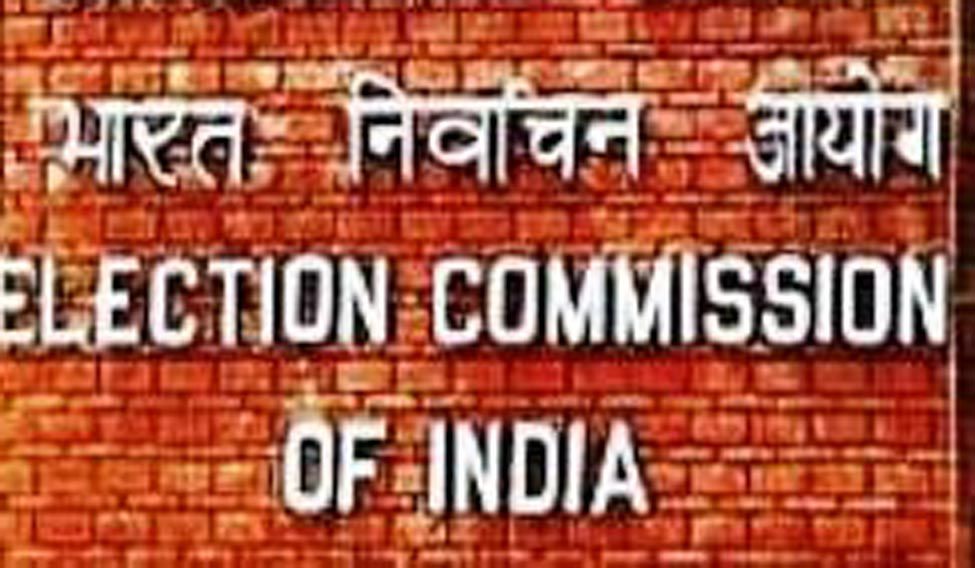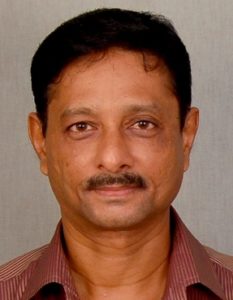SUPREME COURT SEEKS DETAILS OF CLEAN CHITS THE ELECTION COMMISSION HAS GIVEN TO MODI AND AMIT SHAH

THE TELEGRAPH
CALCUTTA
7 May 2019
Only a few days ago, Ranjan Gogoi, Chief Justice of the Supreme Court of India had publicly expressed a fear that there was a conspiracy by a very powerful lobby, to get him out of several sensitive and contentious cases which were to come up for hearing shortly in the Supreme Court. Today's report in the Telegraph confirms that fear. Judiciary, in particular, the Supreme Court of India is one of the very few pillars of the Indian democracy, which is keeping its head high, in spite of several attempts by the powers-that-be to dilute its authority, including indoctrination of judges in religious/party ideology. Even the Indian Army was not spared in this game. Let us hope at least the judiciary stands the test of time, including political poaching. Isaac Gomes, Asso. Editor, Church Citizens Voice.

The Supreme Court has sought details of the clean chits the Election Commission had given to Prime Minister Narendra Modi and BJP chief Amit Shah on complaints of the violations of model Poll Code and directed the records to be placed before it.
A bench headed by the Chief Justice of India Ranjan Gogoi passed the directive on Monday while dealing with a petition. Congress MP Sushmita Dev had filed it alleging that the Commission was biased.
The bench posted the matter for further hearing on May 8, by when the poll panel is expected tlo submit the records.
Senior Advocate Abhishek Manu Sanghvi who appeared for Dev, told the court that the panel gave clean chits despite notes of dissent.
Of the six cases in which clean chits have been given to Modi and Amit Shah, there have been dissent notes in five, Singhvi said, but did not specify the cases.
The Commission’s model code division deals with complaints filed with the EC in Delhi, and the three election commissioners take the final decision. It has been reported that one of them has dissented on several decisions.
Singhvi said that the Congress had sought the dissent notes from the Commission, “but the dissent notes have not been supplied to us.”
He said that the Commission had acted against other candidates “for identical words spoken and similar phraseology used during the campaigning,” but had taken no steps on similar allegations of hate-speeches delivered by Modi and Shah.
Shinghvi urged the court to lay down guidelines the panel could follow so that there was a uniform standard for dealing with all poll code violations. This he said was necessary since the panel takes its own time for dealing with complaints.
Singhvi said that although the Congress had complained to the panel over a month ago, it had acted only after the Supreme Court had issued a notice on Dev’s petition last week.
Dev has accused the Commission of “abdication” of duty in the middle of the election process. The MP from Silchar Assam, has alleged in her petition that the “Prime Minister and the party in power have for the past five years fostered and cultivated an atmosphere of communal tension for their petty political gains.”
According to O.P. Rawat, former Chief Election Commissioner, "Dissent has to be mentioned, otherwise it is not dissent at all…..it has to be communicated in any order or reply in that manner." O.P. Rawat told the Telegraph over telephone from Bhopal.
Several publications have reorted that the Election Commissioner Ashok Lavasa had dissented with the Election Commission's recent clean chits to Modi over several of his campaign speeches and Amit Shah over one of his speeches.
According to NDTV 24×7, Lavasa has also written to tve Chief Election Commissioner Sunil Arora asking why his why his opinon for a campaign ban and FIR against Rajasthan BJP leader Gulab Chand Kataria was not mentioned in an April 24 order that merely warned Kataria against further mode code violations.
Rawat had retired on December 1 last year, to be replaced by Arora.
Section 10 of the Election Commission (Conditions of Service of Electin Commissioners and Transaction of Business) Act, 1991 is silent on recording dissent.
Rawat, however, suggested that recording dissent was the convention.
"All kinds of views are expressed during discussions.. if an opinion isrecorded that differs from the final decision, that differing opinion is recorded as dissent," he said.


















If anything, these accusations and counter accusations and allegations prove one thing – election campaign process requires thorough revamp. Parties should only be permitted to talk about their vision for India and their past performance. There should be total ban on personal attacks. The process of getting in as a candidate also needs revamp to eliminate those who have or had serious cases pending or decided against them.